Bachelor of Agriculture (B.Sc Agri.)
Overview
B.Sc Agriculture is an Undergraduate Agriculture Science and Technology Course. Agriculture is Classification name for the farming industry. It refers to the production of good through the growing of plants and fungi and the raising of domesticated animals.
Bachelor of Agriculture (B.Sc. Agri.) is an undergraduate academic degree program designed to provide students with comprehensive knowledge and practical skills in the field of agriculture and related disciplines.
The Bachelor of Agriculture (B.Sc. Agri.) program equips students with the knowledge, skills, and values necessary to contribute to the advancement of agriculture and allied sectors, ensuring the sustainability and resilience of agricultural systems in a changing world.
Scope of Bachelor of Agriculture (B.Sc Agri.)
According to US Bureau of Labor Statistics, The employment outlook for computer and information technology occupations is exceptionally promising, with a projected growth rate significantly higher than the average across all occupations from 2022 to 2032. On average, approximately 377,500 job openings are anticipated each year within these fields. This surge is attributed to both the expansion of employment opportunities and the imperative to fill positions vacated by workers departing these occupations permanently. The robust projection underscores the ongoing demand for skilled professionals in the computer and information technology sectors over the next decade.
Department
at a Glance
- Academic Offerings
- Curriculum
- Practical Training
- Specializations
- Research Opportunities
- Industry Collaboration
- Faculty Expertise
- Career Development
- Field Facilities
- Entrepreneurship Initiatives
Exclusive
Labs
- Microsoft Innovation Center
- Microsoft - Global Technical Support Center (GTSC)
- IBM Software Lab For Emerging Technologies
- Oracle Academy Lab
- Unisys Innovation Labs
Your Department in a Nutshell
- Achievements
- Patents
- Research
- Expert Sessions
- Activities
- Labs
Eligibility & Fee Details
For Indian Students : 10+2 with Science (Physics, Chemistry, Maths, Biology) or 10+2 with Agriculture.
|
Course Fee
|
|
|---|---|
|
Admission Fee (one time) |
5000/- (at the time of admission) |
|
Tuition Fee |
32000/- Per Semester |
|
Examination Fee |
3000/- Per Semester |
|
Development Fee |
8000/- Per Semester |
|
Caution Money (one time) |
3000/- (Refundable)
|
Scholarship Criteria
- Early Admission Benefits Upto Rs. 3000/- Admission Taken Before 15th July 2024
Why Join Bachelor of Agriculture (B.Sc Agri.)?
There are several compelling reasons to consider pursuing a Bachelor of Agriculture (B.Sc. Agri.) degree:
- Contribution to Food Security: Agriculture is fundamental to food security and plays a vital role in feeding the world's growing population. By studying agriculture, you contribute to sustainable food production and help address global hunger and malnutrition.
- Diverse Career Opportunities: A B.Sc. Agri. degree opens up diverse career opportunities in various sectors of agriculture, including crop production, animal husbandry, agribusiness management, agricultural research, rural development, agricultural engineering, and environmental conservation.
- Hands-On Learning Experience:B.Sc. Agri. programs typically offer hands-on learning experiences, including practical training, internships, and field visits. This hands-on approach allows you to apply theoretical knowledge in real-world agricultural settings, develop practical skills, and gain valuable experience.
- Innovation and Technology: The field of agriculture is constantly evolving with advancements in technology, biotechnology, and precision agriculture. A B.Sc. Agri. program exposes you to the latest agricultural innovations and technologies, preparing you to adopt modern farming practices and improve agricultural productivity and sustainability.
- Global Relevance: Agriculture is a globally relevant field that transcends geographical boundaries. A B.Sc. Agri. degree equips you with skills and knowledge that are applicable worldwide, allowing you to contribute to agricultural development and food systems resilience in diverse contexts.
What makes Department
of Bachelor of Agriculture (B.Sc Agri.) unique?
The Department of Bachelor of Agriculture (B.Sc. Agri.) stands out for several unique features and characteristics that set it apart:
Placements








Recruiters Tie Up's
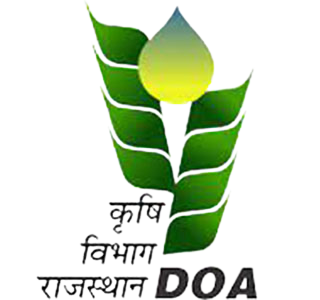
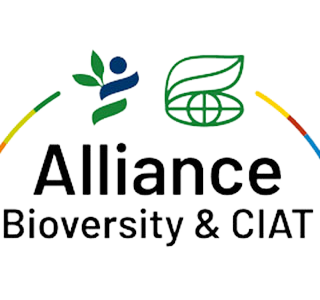
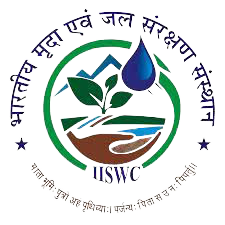
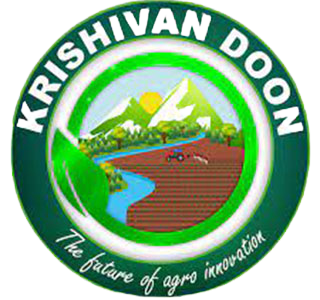

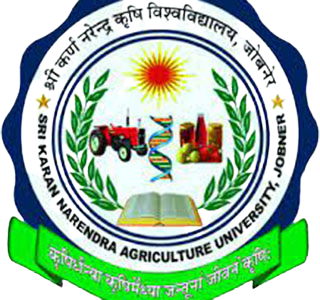
Our Students Speak

Package: 6 LPA

Package: 8 LPA

Package: 8 LPA

Package: 8 LPA

Package: +15 LPA
How to Apply
Steps to Follow
Frequently Asked Questions
Bachelor of Agriculture (B.Sc Agri.) at Career Point University
The Bachelor of Agriculture (B.Sc. Agri.) program at Career Point University typically spans four years, divided into eight semesters.
Candidates seeking admission to the B.Sc. Agri. program must have completed their 10+2 education (or equivalent) with a minimum specified percentage or grade point average (GPA) in relevant subjects such as Biology, Chemistry, Physics, and Mathematics from a recognized board or university.
Interested candidates can apply for admission online through the university’s official website or by visiting the admission office in person. The application process typically involves filling out an application form and submitting required documents.
The admission process may include the submission of academic transcripts, entrance examination scores (if applicable), letters of recommendation, a statement of purpose (SOP), and may also involve a personal interview or counseling session depending on the university’s policies.
Career Point University offers specializations in various areas of agriculture, including but not limited to:
- Crop Science
- Horticulture
- Soil Science
- Agricultural Engineering
- Animal Husbandry
- Agribusiness Management
Career Point University may offer scholarships based on academic performance, financial need, or other criteria. Interested students are encouraged to inquire directly with the university’s scholarship office for more information.
After completing B.Sc. Agri. from Career Point University, students can pursue diverse career opportunities in various sectors, including agricultural research organizations, government agricultural departments, agribusiness companies, food processing industries, agricultural consultancy firms, and educational institutions.
Yes, Career Point University is recognized by the University Grants Commission (UGC), and its B.Sc. Agri. program is accredited and recognized.
Career Point University provides state-of-the-art laboratories, well-equipped classrooms, library facilities, hostel accommodation, sports facilities, and academic support services to B.Sc. Agri. students.
The faculty at Career Point University for the B.Sc. Agri. program consists of highly qualified and experienced professors who are dedicated to providing quality education and guidance to students.






